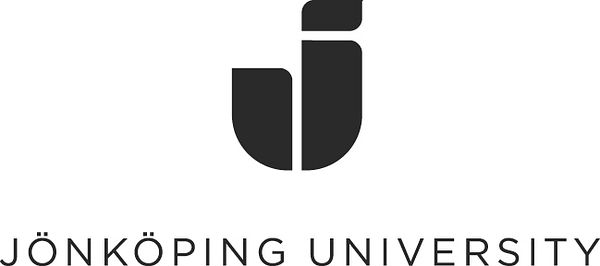Press release -
Trust the teachers
Swedish schools have great potential for educational development work, but teachers need to be able to organise their time differently. These are some of the conclusions that Helen Avery, a new PhD at the School of Education and Communication, Jönköping University,reaches in her thesis.
The study examines conditions for intercultural school development, which means to fully involve everyone concerned in the process of developing the school. In other words, intercultural development is not just about improving education for children with an immigrant background, since involving people with different backgrounds leads to benefits for everyone.
“For me, it is incredibly important that school development is based in actual teaching practice. It is not enough to sit and wait for instructions to come from central authorities, because they do not have the same knowledge about working conditions as teachers and school leaders. There is a gap between the discussions about school development centrally, and actual conditions locally”, says Helen Avery.
In her research, she has also studied how to create conditions and contexts for dialogue about school development. For teachers who don’t work in the same team and don’t have natural opportunities to meet during their working day, it is difficult to have discussions about wider development issues. Helen Avery believes that there is a need for shared contexts where conversations about development can take place. This applies not only to teachers, but there is also a need for contexts that involve different people concerned with educational development, such as school psychologists, librarians, parents and students.
“I hope that my thesis can get the message across that it is not enough for politicians to have a wish list with things to change and then place the responsibility to make it happen on municipalities and schools. There has to be some sense of what is realistic to achieve. At the municipal level, it would be great if there could be more educational development taking place beyond the school walls, and more attention devoted to collaboration”, says Helen Avery.
Before she started doing research, Helen Avery worked as a teacher for thirteen years, in a variety of contexts ranging from pre-school to adult education. After 2011, she observed rapid changes in working conditions at schools. School leaders and teachers had less available time and less energy to work with school development, while more time was spent on documentation and assessment. These changes were also linked to a shift in feelings towards development work and attitudes changed from positive to more defensive.
“We must put education back into focus again. We must dare to trust the teachers again. There is incredible potential, skills and ambition to be found in our schools, but teachers need to be able to organise their time in a different way. That could make a huge difference”, says Helen Avery.
For more information please contact Helen Avery: helen.avery@ju.se
Related links
Topics
- School
Categories
- school of education and communication
Jönköping University Foundation is one of three independent institutions of higher education in Sweden offering postgraduate programmes. It is characterised by focused profiles, internationalisation, an entrepreneurial spirit and collaboration with surrounding society. Research and education are carried out at four schools: Jönköping International Business School, School of Education and Communication, School of Engineering and School of Health and Welfare. Jönköping University has some 10,000 registered students, 725 employees and a turnover of approximately SEK 800 million.
